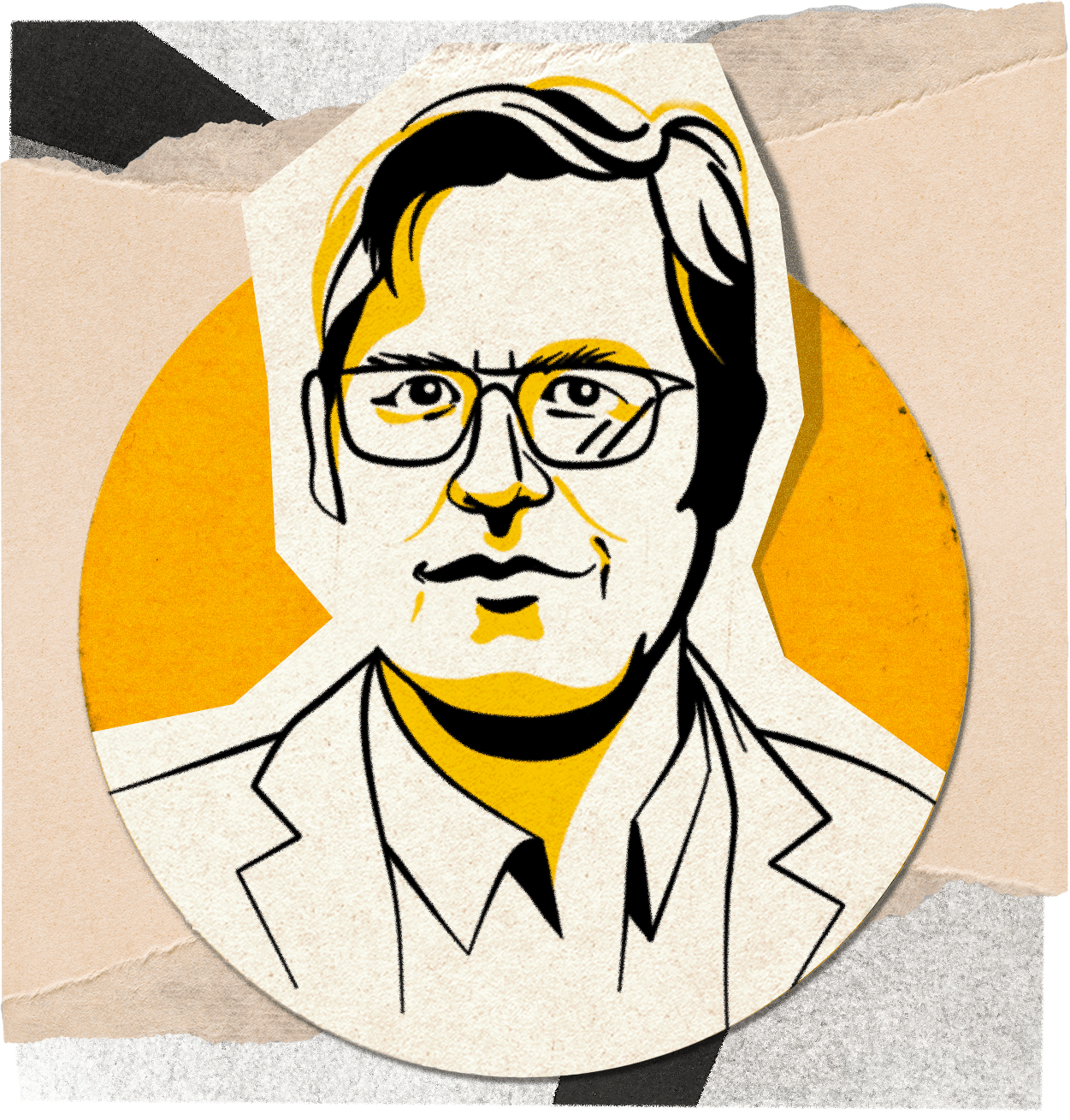EiS Mission
The mission of the Engineering in Society (EiS) Program at the USC Viterbi School of Engineering is to distinguish the Viterbi engineer by purposefully connecting a student's technical work with its societal impact. Through courses, co-curricular activities, and other learning opportunities that blend humanities with engineering education, EiS cultivates engineers to be critical thinkers and responsible professionals.
Our focus is on developing the Engineer in Society - inside and outside of the classroom.
ARTIFICIAL INTELLIGENCE
ARTICULATE INTELLIGENCE
EMPATHETIC INTELLIGENCE
ETHICAL INTELLIGENCE
HUMAN INTELLIGENCE
THOUGHTFUL INTELLIGENCE
EXPERIENTIAL INTELLIGENCE
CONSCIENTIOUS INTELLIGENCE
AUTHENTIC INTELLIGENCE
COMPASSIONATE INTELLIGENCE
INCLUSIVE INTELLIGENCE
INQUISITIVE INTELLIGENCE
COLLABORATIVE INTELLIGENCE
OPEN-MINDED INTELLIGENCE
TRUSTWORTHY INTELLIGENCE
ENGINEERING INTELLIGENCE
Message from the Director

Today’s engineers require more than advanced technical skills. They need an understanding of their ethical and civic responsibilities (social, philosophical, moral) to all the constituents touched by their work, particularly in the context of rapid and powerful changes in technology. They must also have a deep understanding of themselves and their place in a diverse society, and they must be able to articulate their ideas to those they impact.To answer this call, the USC Viterbi School of Engineering has expanded its Engineering Writing Program into The Engineering in Society Program, an academic program of instruction and research that addresses the humanistic aspects of a holistic engineering education. Combined with the superb technical education they will receive, Viterbi engineering graduates will be imbued with two key elements of trustworthiness, namely competence and character.The program’s mission is to distinguish a Viterbi engineering education by purposefully connecting a student’s technical work with its societal impact. We’re excited by the responsibility to provide learning opportunities that will span the four years of undergraduate education and will be anchored in courses available to all students, in extracurricular opportunities, and in modules embedded in technical courses.With developments in artificial intelligence and other technology-related areas challenging our society daily, our goal is to prepare our students to be able to be thought leaders in their fields, engineers who can be relied upon to consider how their ideas will impact our world. The Engineering in Society Program embraces a holistic approach to engineering education – grounded in liberal arts, taught through innovative practice, and integrated within Viterbi’s academic culture. Through a humanistic approach, this program helps students better understand that engineering practice is inseparable from the examination of values, ethics, communication, and societal impact.
STEPHEN BUCHER
PROFESSOR OF TECHNICAL COMMUNICATION
Director, Engineering in Society Program
Director, Engineering in Society Program

